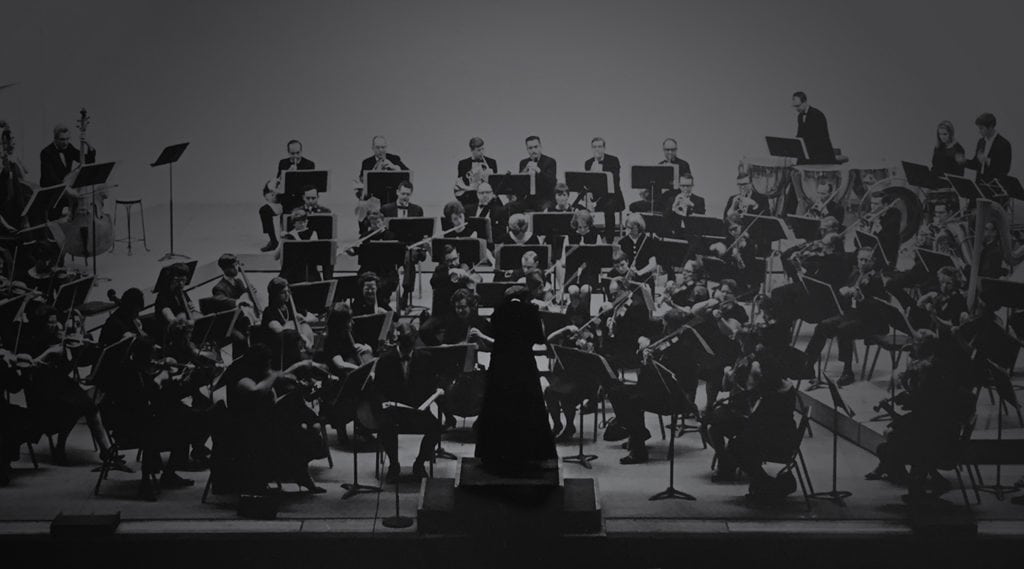

On Improving Social Competence in Children and Adolescents with Social Skillsĭeficits." Journal Of Music Therapy 48, no. "The Effect of a Music Therapy Social Skills Training Program Music with irregular beats and weak melodies do not. It has been noted that slow tempo music such as the pianoĪnd soft lyrical notes relieve anxiety and promote relaxation. Music therapy.” While this is true, the experiment suggests that the genre of Therapy Association asserts, “ stress reduction is one of the major goals of Wilson), EBSCOhost (accessed March 2, 2012). "Relaxing Music for AnxietyĬontrol." Journal Of Music Therapy 48, no. People fail to recognize is that the back round music actually also assists ourīrain to remember specific scenes from movie.Įlliot, Dave, Remco Polman, and Richard McGregor. Its common purpose is to guide our emotionsĪnd clearly navigate us through the complex storyline. It is obvious that the music that is played in the back round of every Music is a very imperative aspect of aįilm. On the remembering of filmed events." Memory & Cognition 19, no. My paper will analyze different experiments to solidify that music has the power to control mood and emotions, relive stress, and enhance memory.īoltz, Marilyn, Matthew Schulkind, and Suzanne Kantra. Using something that is already present and prevalent in an adolescent’s life has been proven to be the best way to promote change in that adolescent’s life. Hendrick’s agrees with O'Neill’s results, he attests “an adolescent's life is, in many ways, centered around and heavily influenced by music.”Ĭonsequently I believe music to be the perfect tool to help relieve stress and induce relaxation and treat depression. This demonstrates how deeply music is imbedded into an adolescent’s lifestyle. These adolescents answered that they listen to an average of two and a half hours of music everyday. The experiment also disclosed that over fifty percent of the participants play or have played a musical instrument in their past. She revealed that many adolescents suggested they would rather engage in music related activities over other indoor door activities. Through a questionnaire styled experiment, Susan O'Neill’s proved the vitality of music in an adolescent’s life.

Music plays a vital role in every society as well as every culture. It is incorporated into almost every aspect of our lives from the generic aspect of entertainment all the way to religious ceremonies. Music is still a prevalent and powerful force in our society today. Yehuda Nechama believes music has sought out to be “a biological adaptation that was built through evolution” (86). Music’s origins have been traced to the beginning of time when man was first created.

Furthermore, music has been proven to allow our brains to retain information more efficiently. Music is able to control our moods and emotions to an extent that it is able to decrease feelings of depression. Therapeutic treatment has illustrated that music has the power to relieve stress, and anxiety. For decades scientists have been preforming experiments to solidify the theory that music’s uplifting experience can truly relieve emotional distress. The Oxford English dictionary defines music as “the art or science of combining vocal or instrumental sounds to produce beauty of form, harmony, melody, rhythm, expressive content, etc.” Music has in fact proven itself to be a science.


 0 kommentar(er)
0 kommentar(er)
